5 mistakes everyone makes with Google Maps
Google Maps is an incredible thing, but it's easy to fall into some really common traps

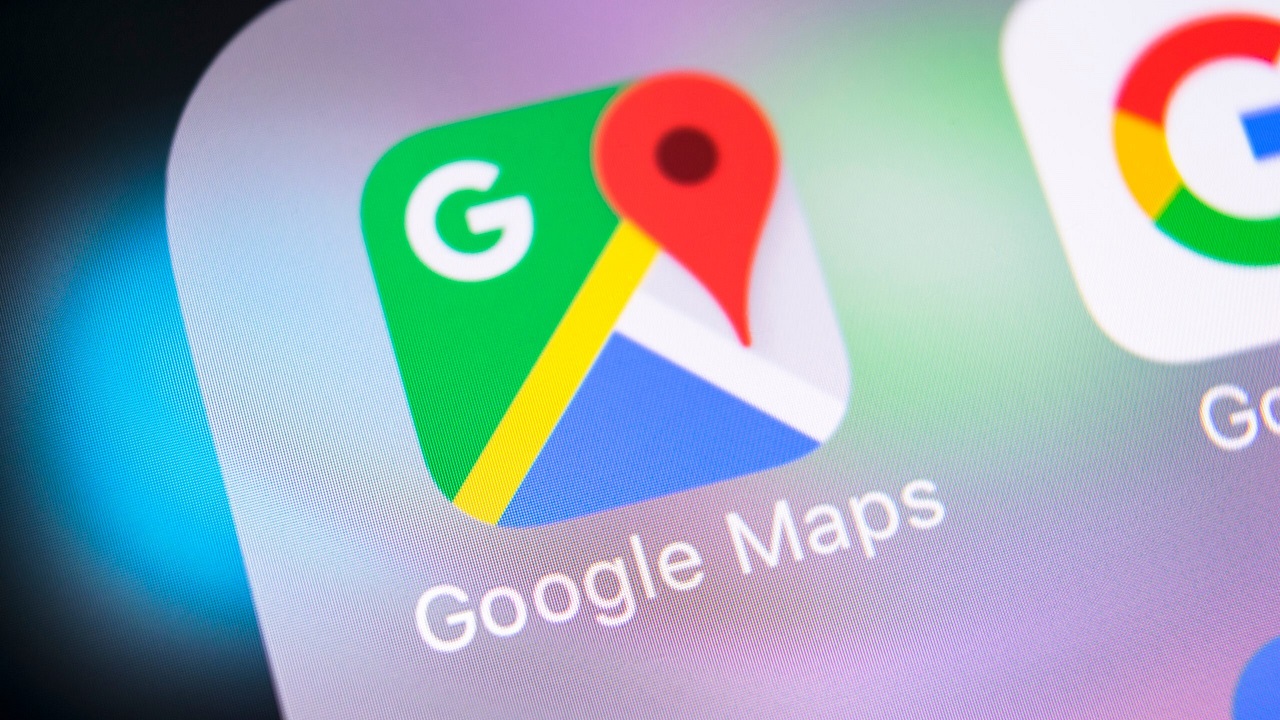
Get all the latest news, reviews, deals and buying guides on gorgeous tech, home and active products from the T3 experts
You are now subscribed
Your newsletter sign-up was successful
I have a love/hate relationship with Google Maps. On the one hand it's brilliant for avoiding congestion and finding the most efficient way to get where I need to go.
And on the other hand there are some simple mistakes I keep making that often end up as enormous pains in the backside. And I'm guessing most people have made at least some of these, too.
As such, here are the mistakes you can easily avoid in order to make your Google Maps adventure so much better.
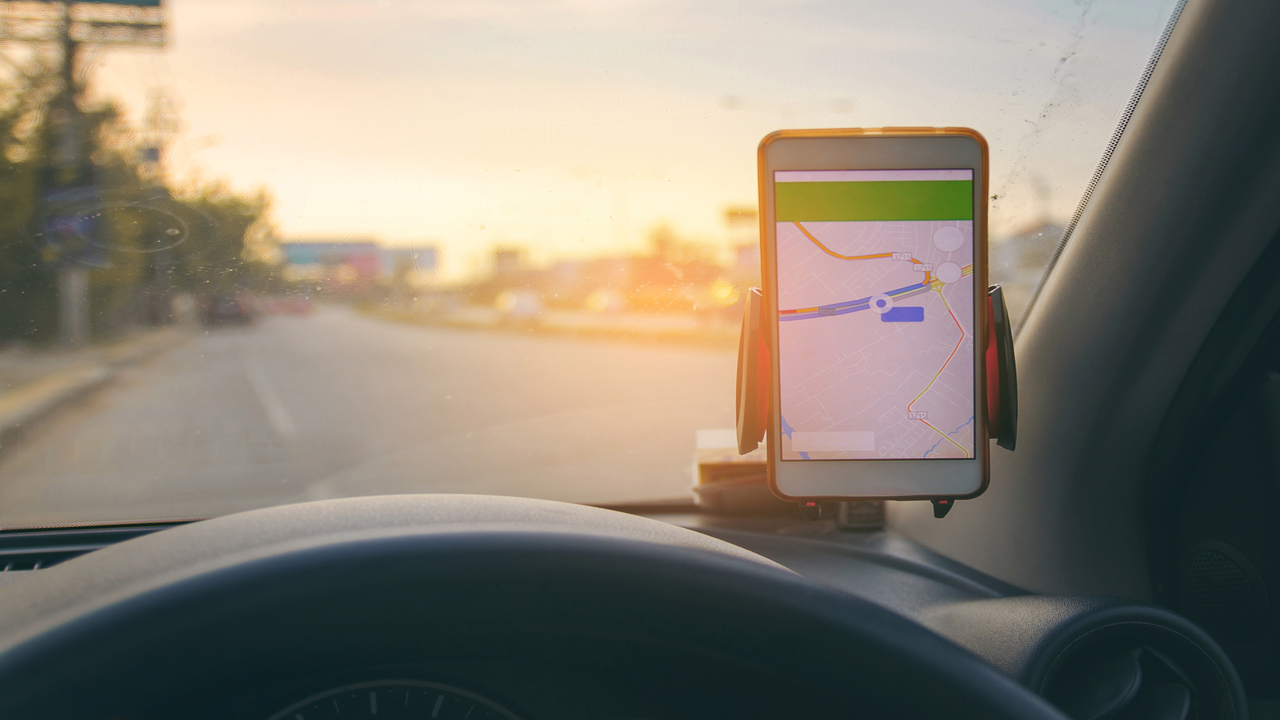
1. Not reading the route before you go
Maybe it's just me, but when it comes to junctions on busy roads Google Maps seems to like surprises: it waits until I'm literally cruising past a junction before going "Fooled you! You needed to take that one!" It's particularly annoying on busy motorways: right now there are so many roadworks on the motorway near me that missing a turn means spending an extra 20 minutes in a jam before you can get off at the next junction. I've seen people stop dead in the inside lane and actually reverse so they can get to the slip they should have taken; I can't prove they were using Maps but I bet they were. Now, I look at the route so the app can't surprise me.
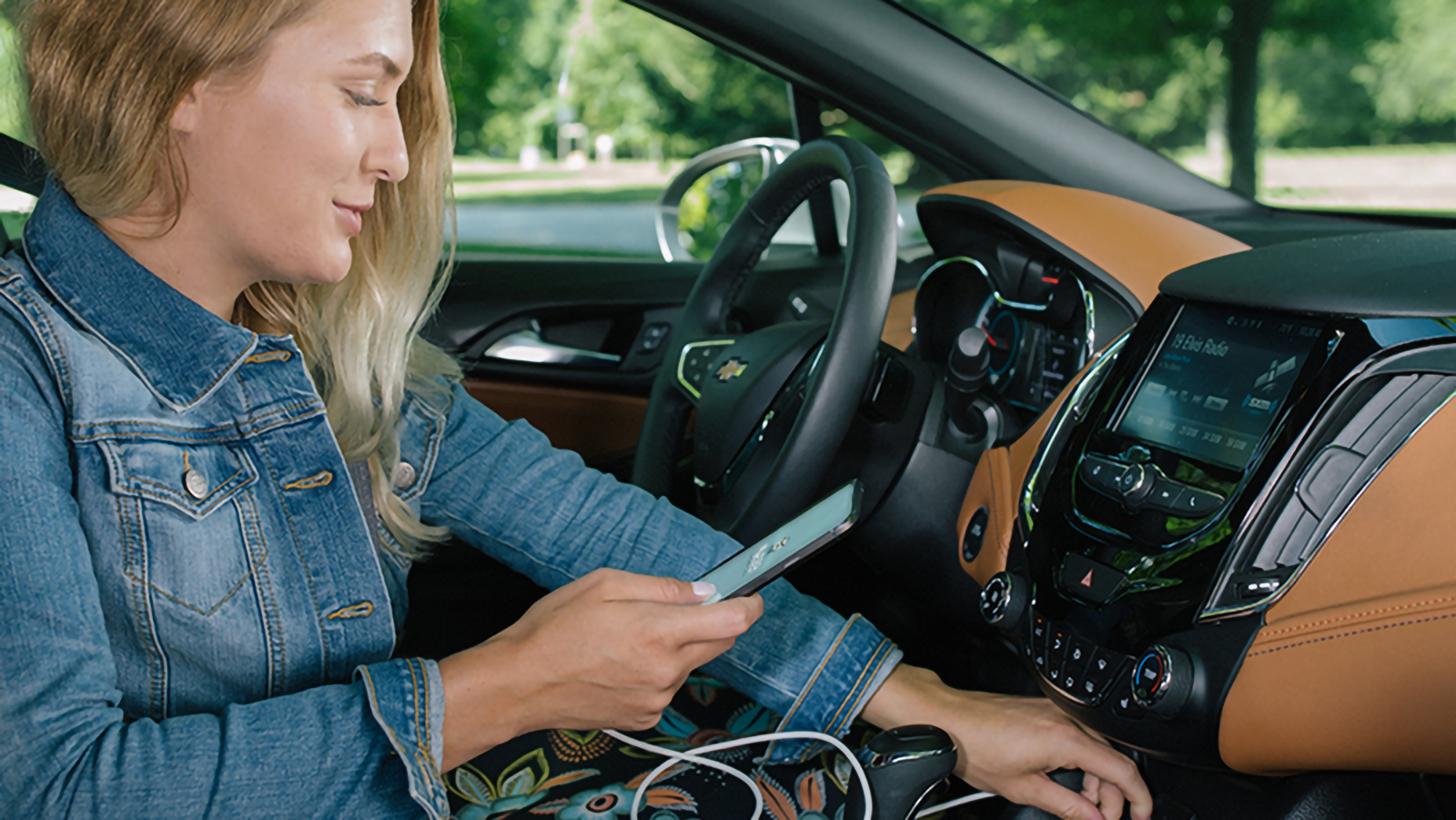
2. Not plugging in your phone
GPS apps are battery killers. They're better than they used to be but they still use a lot of power: if I forget to plug my phone in when I'm driving, my battery gauge goes down almost as quickly as my fuel one. Car adapters and cables are so cheap there's no need to run on battery, especially when you're travelling far. Obviously that's not an option on foot or on bike, so if you're going to be going on a really long adventure it's a good idea to carry a battery pack. Any time I travel on foot and use GPS a lot my phone's pretty much done before dinner time.
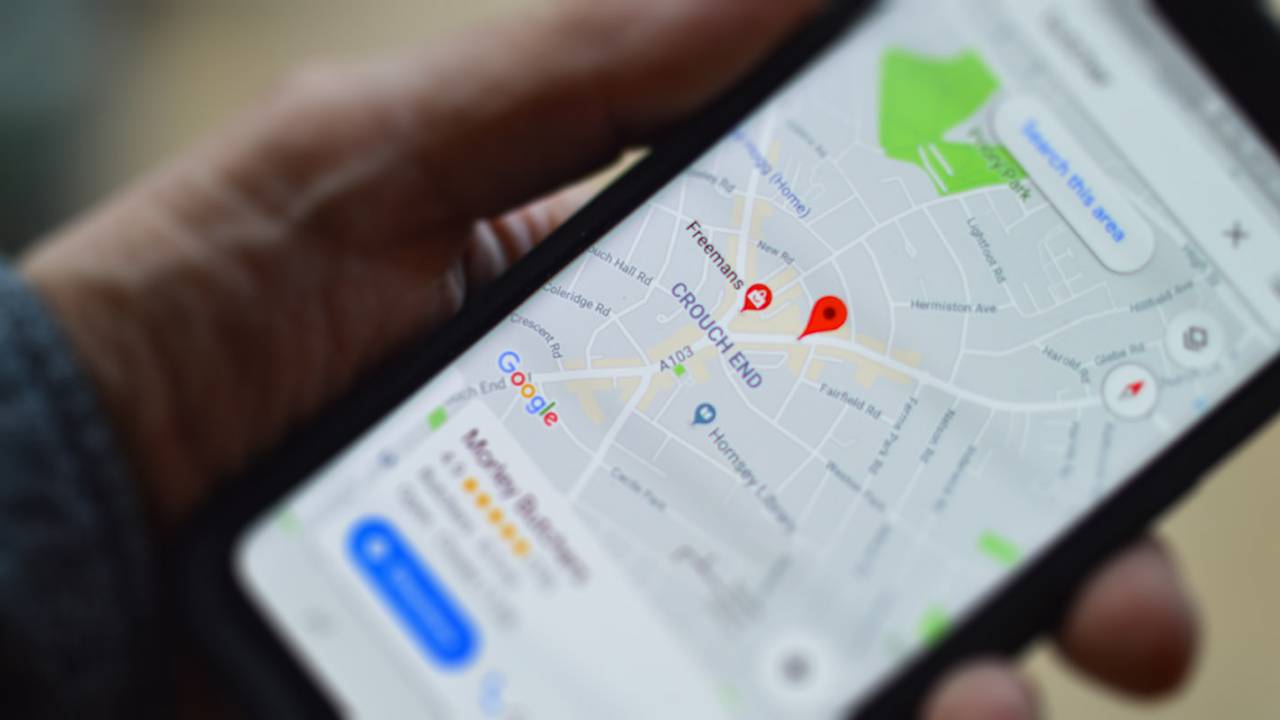
3. Assuming Google is never wrong
Stories of people driving into lakes or streams of molten lava make for good newspaper headlines, but they do demonstrate that while Google Maps is incredibly accurate it can still contain mistakes. In my case they've been less disastrous – sending me down roads that turn out to be dead ends rather than shortcuts, forgetting where I am and moving me all over the map – but they show that it's important not to just follow what's on screen if the signs or the evidence of your eyes suggest Google got it wrong.
4. Not turning off notifications
There's an episode of Breaking Bad where Walter White is driven to the edge of madness by a fly: he can't concentrate as long as it's there, and he tries to get rid of it with catastrophic results. I feel much the same about notifications on my phone when I'm driving: having a persistent banner over the top of the map is my equivalent of Walter White's fly and if I succumb to the temptation to swipe it away you can guarantee I'll swipe it wrong and generally end up completely distracted from driving, which is pretty much the worst thing you can do when you're behind the wheel of a ton and a half of steel. It's also illegal in very many places. Use Android or iOS's automatic Do Not Disturb mode to turn off notifications when you're driving.
Get all the latest news, reviews, deals and buying guides on gorgeous tech, home and active products from the T3 experts
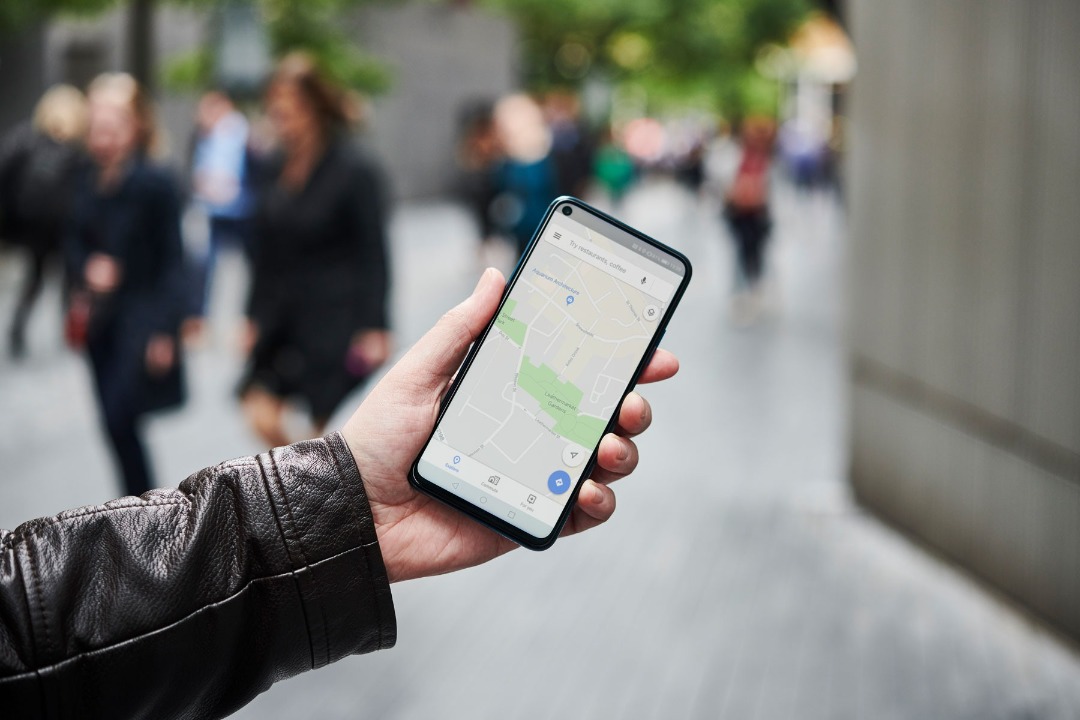
5. Expecting to have internet everywhere
I live in a city, and I tend to take having mobile internet for granted – but just a few miles from where I live there are some places that have pretty crappy connections, and I don't need to drive for very long to end up in a mobile signal desert where I can't even get a GPRS connection let alone 4G or 5G. If you're going to relatively remote places it's not just a good idea to download maps in advance; it's essential.
Writer, musician and broadcaster Carrie Marshall has been covering technology since 1998 and is particularly interested in how tech can help us live our best lives. Her CV is a who’s who of magazines, newspapers, websites and radio programmes ranging from T3, Techradar and MacFormat to the BBC, Sunday Post and People’s Friend. Carrie has written more than a dozen books, ghost-wrote two more and co-wrote seven more books and a Radio 2 documentary series; her memoir, Carrie Kills A Man, was shortlisted for the British Book Awards. When she’s not scribbling, Carrie is the singer in Glaswegian rock band Unquiet Mind (unquietmindmusic).
